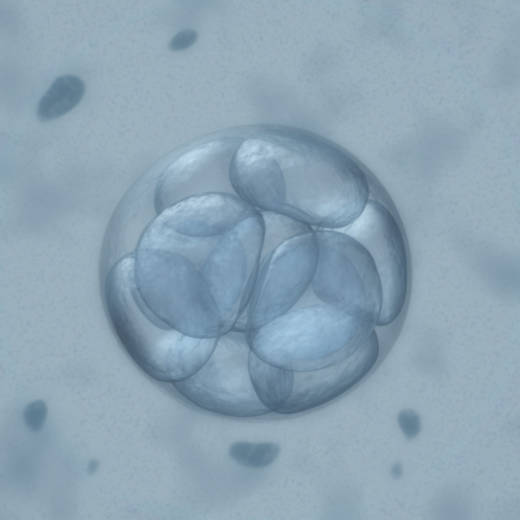A divorced man and woman must mutually consent to using embryos that were frozen and stored while married, a Missouri appellate court has ruled in declaring the embryos marital property, not humans with constitutional rights.
The Missouri Court of Appeals' 2-1 ruling Tuesday upheld a St. Louis County judge's 2015 finding that Jalesia "Jasha" McQueen and Justin Gadberry maintain joint custody of the embryos, which have been frozen since 2007. The couple separated in 2010 and divorced last year; dissolution proceedings were drawn out by their dispute over the embryos.
McQueen and her attorney said Wednesday they will appeal, first seeking a rehearing by the appellate court and, if necessary, taking the matter to the Missouri Supreme Court.
McQueen, 44, sued Gadberry because she wanted to use embryos to have more children. But her 34-year-old former spouse doesn't want to have any more children with McQueen, doesn't believe he should be required to reproduce and has said through his attorney he would be willing to donate the embryos for research or to an infertile couple or have them destroyed.
The majority ruling, written by Appeals Judge Robert Clayton III, said the court "recognizes the sensitive nature of this case and the differing personal beliefs it evokes — ethical, religious and philosophical — pertaining to scientific advancements in reproductive technology, procreation choice, and the age-old and disputed question of when life begins.

